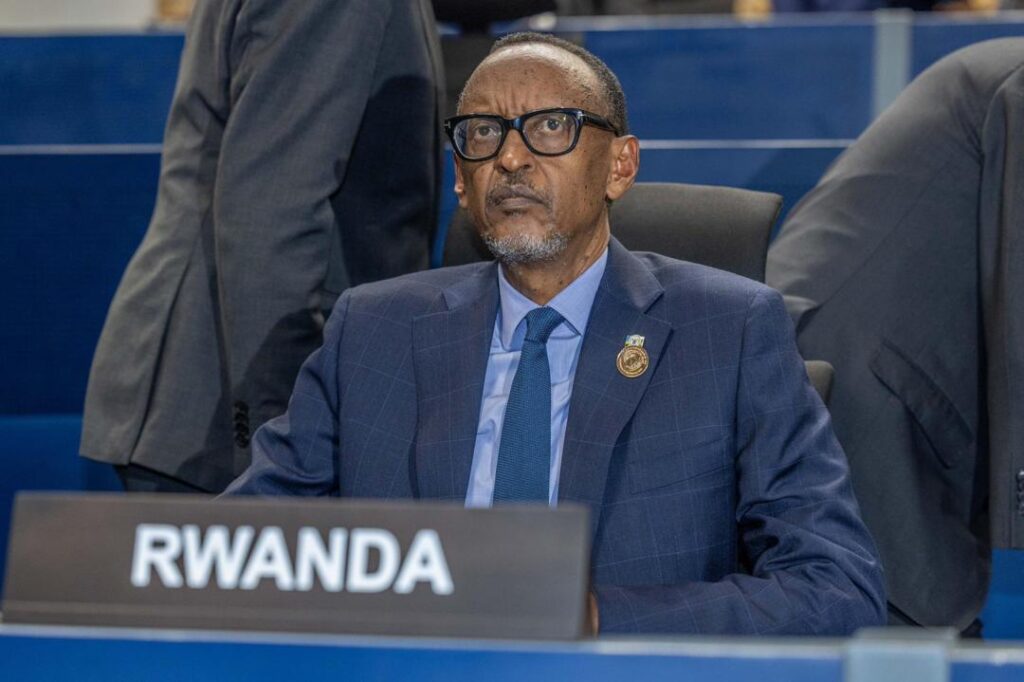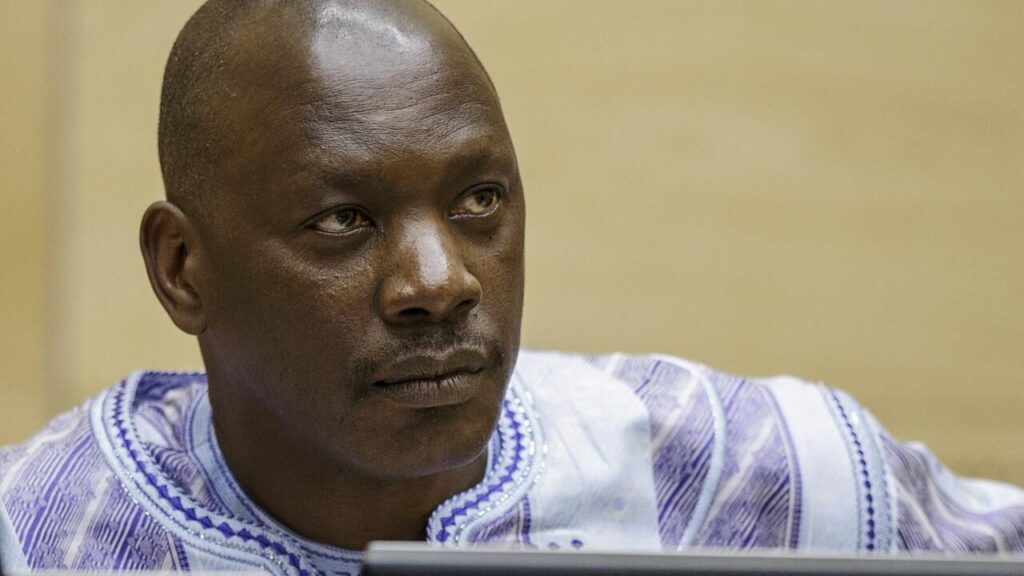“How can we heal the sickness if we do not probe the wounds?” Victor Hugo once asked.
In the Democratic Republic of Congo, that’s not just poetry ; it’s policy failure. For decades, politicians have promised transformation while the country’s infrastructure rots and trade corridors clog.Honestly, Congo’s wounds run deep. Its politics often feel trapped in slogans, promises, and endless cycles of crisis. But what if repairing a broken state required something different ; leaders who actually know how to fix things?
In the heart of the Great Lakes region, one name sparks curiosity, admiration, and controversy: Patient Sayiba Tambwe. Once a technician, now a strategist, he embodies a bold idea in Congolese politics; that competence can, and must, govern. This article retraces his journey, sheds light on the controversies that follow him, and raises a fundamental question: are technocrats like him the key to a more stable and efficient Congolese future? My thesis is simple: the country needs experts who can translate competence into institutions and tangible results ; but competence without accountability is not enough.
A Career at the Heart of Congolese Logistics
Born in 1976 in the Rwenzori region, situated in the astern part of the DRC. Patient Sayiba began his career in public administration as a private secretary in two key ministries ; Higher Education and National Economy. He then joined OGEFREM, where he steadily climbed the ranks: head of the Communications Department, head of the South Kivu agency, then regional director for South Kivu and Maniema. This long immersion in State machinery forged a rare profile: a leader familiar with the fine mechanics of freight, borders, and corridors.
Between 2014 and 2016, he moved to Dar es Salaam to head communications and advocacy for the Central Corridor Transit Transport Agency (AFTT-CC). A few years later, in 2017, he returned to Kinshasa as Director General of OGEFREM, where his supporters credit him with modernization and digitalization initiatives, particularly around traceability and collection mechanisms (often referred to under the FERI label).
Today, his profile is unmistakably pan-African: president of the Union of African Shippers’ Councils (UCCA), Executive Chairman of African Desk, an organization specializing in trade facilitation and logistics and since 2023, he was appointed to the Board of Directors of the African Continental Free Trade Area (AfCFTA) Adjustment Fund; an instrument designed to cushion fiscal shocks from trade liberalization, support Small and Medium Enterprises (SMEs), and accelerate integration. Once again, the coherence is evident: infrastructure, interoperability, financing integration; his professional triptych.
A Doctrine: Efficiency Before Posture
Sayiba’s vision comes alive through his concrete positions: African integration will never work without quality infrastructure, efficient logistics, and fair fiscal arrangements between states. This is not empty political rhetoric; it’s a practical, technical roadmap. He emphasizes solidarity between unequal economies, long-term financing for transport corridors, and results-driven accountability for public enterprises
On the civic front, he doesn’t shy away from taking a stand. Across his social media platforms, he speaks out boldly against tribalism, demands integrity, and champions a culture of merit. “We must foster responsible leadership,” he insists, calling on the elite to educate, guide, and raise citizen expectations. But for him, the challenge isn’t just swapping leaders in the DR Congo; it’s about reprogramming the culture: building a new Congolese mindset that rewards competence, rejects complacency, and puts citizens back at the center of accountability.
The Shadows of Politics
Of course, Congo eats reformers alive, it doesn’t let anyone play clean, no career in Congo comes without scars ,every path to influence comes with shadows. In July 2021, while still Director General of OGEFREM, Sayiba was suspended by the Late Minister of Transport Cherubin okhende for alleged “serious misconduct” (insubordination, obstruction of investigations, violation of decisions). He contested the decision before the Council of State and sought reinstatement, invoking his rights and the lapse of the suspension. Allegations circulated at that time, now officially corroborated; of political pressure and interference in the case.
In addition, unverified allegations have linked him to contested networks (AFC/M23), accusations he firmly denied, with no solid public evidence to date. His accuser later admitted having spoken under pressure. But the episode left a stain, and with it, a divided perception: for some, Sayiba is a disruptor challenging the system; and he remains part of an establishment that failed to deliver, that his governmental past deserves critical scrutiny. For others; this looks like a classic case of political pressure or even attempts at intimidation. On these points, caution is required: facts must be distinguished from rumors, and truth-seeking must rest on evidence.
The truth? As always, it depends on where you stand.
The bigger Debate : Why Congo Needs Technocrats
Here’s the big picture: Congo doesn’t just need politicians who shout louder, a modern State cannot be improvised. Critical sectors; Defense, Energy, Finance, Transport, Health; require solid expertise, people who can actually fix broken system; these don’t run on slogans. The goal is not to oppose technicians to politicians but to raise the standard: every portfolio should match the competence required.
Other countries have understood this; France often described Georges Pompidou as a “technocrat” for his reliance on expert efficiency. Congo would benefit from institutionalizing this requirement: competitive exams for senior civil service, sectoral public administration schools, contractual mandates with measurable objectives, and a culture of performance.
But In Congo, a troubling culture has taken root: symbolic appointments to highly technical ministries. Consider Guy Kabombo Mwadianvita, whose appointment as Minister of Defense and Veterans Affairs raised eyebrows given his academic background in public law and health sciences; fields far removed from defense strategy. Similarly, Jean-Pierre Bemba, a former rebel leader with an MBA in economics and management from ICHEC Brussels, was parachuted into the Ministry of Transport despite lacking technical expertise in transportation, infrastructure, or logistics.
The consequences of such mismatched leadership are costly and visible everywhere: stalled infrastructure projects, broken supply chains, exorbitant logistics costs, declining SME competitiveness, and shrinking public revenues. And these are just a few examples of how political symbolism continues to cripple Congo’s development.
So the real question is: is Congo being governed, or is it just being managed like a political marketplace where loyalty trumps competence?
Conclusion
In the Democratic Republic of Congo (DRC), politics has long been a stage dominated by strongmen, dynasties, and the unpredictable whims of power. In a region where warlords and populists still dominate the headlines, Sayiba’s story feels like a rare outlier: a reminder that the Congo’s destiny may not just depend on who shouts the loudest, but on who quietly gets things done.
Let’s be honest: Congolese politics is a graveyard of broken promises. Presidents rise and fall, warlords reinvent themselves as “patriots,” and ordinary citizens are left waiting ; always waiting; for real change. Here’s the uncomfortable truth: Congo’s biggest enemy isn’t just rebels or foreign interference. It’s dysfunction. Roads that collapse before they’re finished. Borders clogged with corruption. A state that promises but rarely delivers.
The question is, can a technocrat with results outshine politicians who survive on noise? Can competence beat charisma in a country addicted to spectacle?



Non. Un technocrate, aussi compétent soit-il, ne surpassera pas un politicien bruyant dans un pays où le bruit est devenu la norme, où le spectacle fait office de programme politique. La compétence n’éblouit pas là où le peuple attend du théâtre. Les résultats silencieux passent inaperçus face aux promesses criées haut et fort. Dans un système rongé par l’apparence, la profondeur n’a pas de place. Ce n’est pas une question de mérite, c’est une question de perception. Et dans un pays accro aux projecteurs, on préfère celui qui occupe la scène à celui qui travaille en coulisses.
Ce texte est un miroir brutal mais nécessaire de notre réalité politique. Trop souvent, nous avons confondu bruit et compétence, applaudissant les discours forts tout en oubliant d’exiger des résultats concrets. La RDC n’est pas en manque de talents ou de ressources, mais plutôt en manque de volonté sincère, de gouvernance responsable et de leadership silencieux mais efficace.
La question posée à la fin est cruciale : *la compétence peut-elle surpasser le charisme dans un pays accro au spectacle ?* Peut-on un jour faire le choix d’un leader non pas pour ce qu’il promet ou pour sa présence sur les réseaux, mais pour sa capacité à gérer, à bâtir, à réformer, même dans le silence ?
Peut-être qu’il est temps de sortir de cette culture du « sauveur » bruyant et de faire place aux. Ceux qui ne brillent pas par leurs mots, mais par les résultats qu’ils laissent derrière eux.
Excellente analyse cher Linda. très profond! Vous soulignez bien le poids du spectacle sur la compétence. Mais avec des institutions solides, une communication adaptée et une pression citoyenne accrue, les technocrates peuvent transformer leur silence en véritable force politique. qu’en penses-tu?
Merci beaucoup pour votre retour, M. Jérémy. Vous soulevez un point très pertinent : avec des institutions solides, une communication bien pensée et une pression citoyenne accrue, les technocrates peuvent effectivement transformer leur silence en une véritable force politique.
Cela dit, je pense que tant que le système reste structuré autour du spectacle et de l’apparence, la compétence seule ne suffira pas. Il faut un changement profond des mentalités, de la culture politique et un vrai engagement pour renforcer les institutions. Ce n’est qu’à ce prix que le silence des technocrates pourra réellement être entendu comme une voix forte et crédible.
Merci cher Linda! effectivement,la competence seule ne suffit pas pour changer les choses.